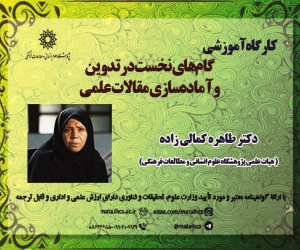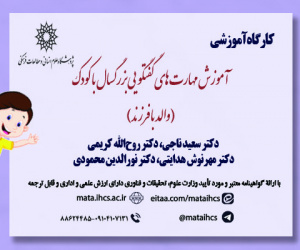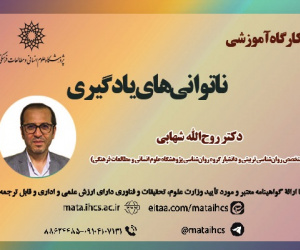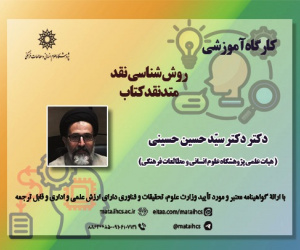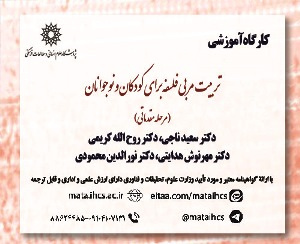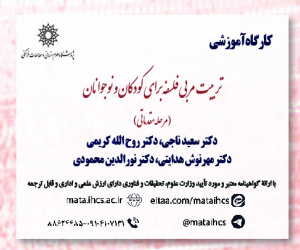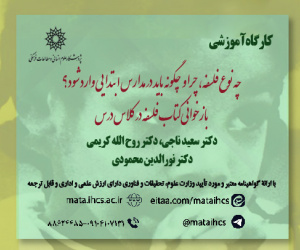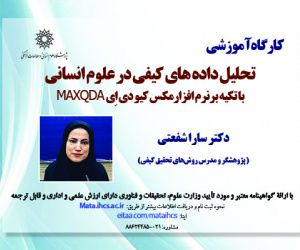شاخصه های سیاستمداران توحیدی از منظر قرآن کریم (مقاله پژوهشی حوزه)
درجه علمی: علمی-پژوهشی (حوزوی)
آرشیو
چکیده
این پژوهش با هدف تبیین شاخصه های سیاست مداران توحیدی از دیدگاه قرآن کریم، به این پرسش محوری پاسخ می دهد: «قرآن کریم به عنوان اصلی ترین منبع هدایت گر اسلامی، چه ویژگی هایی را برای سیاست مدارانِ توحیدی تعیین کرده است؟» با بهره گیری از روش ترکیبی (توصیفی _ تحلیلی و متن پژوهی) و استناد به آیات قرآن و تفاسیر معتبر، برجسته ترین شاخصه های سیاست مداران توحیدی استخراج و واکاوی شده اند. یافته ها نشان گر آن است که قرآن کریم با محوریتِ توحید، ساختن جامعه ای الهی را تکلیفی اجتناب ناپذیر می داند و سیاست مداران، این نظام را موظف به برخورداری از ویژگی هایی همچون ایمان عمیق، تقوای فردی و اجتماعی، عدالت محوری، اطاعت از خدا و رسول6، نفی سلطه ی طاغوت، استکبارستیزی و التزام به مشورت می کند. این شاخصه ها نه تنها به عنوان مبانی نظری، بلکه به مثابه اصول عملی برای استقرار نظام سیاسیِ مطلوب در اسلام معرفی شده اند. دستاوردهای پژوهش، الگویی جامع ارائه می دهد که می تواند پایه ای برای گزینش، سنجش و تربیت سیاست مداران در جوامع اسلامی و همچنین نقد رویکردهای کنونی در حکمرانی باشد.Characteristics of Monotheistic Politicians from the Perspective of the Holy Quran
This study aims to explain the characteristics of monotheistic politicians from the perspective of the Holy Quran, and answers this central question: "What characteristics has the Holy Quran, as the main source of Islamic guidance, determined for monotheistic politicians?" Using a combined method (descriptive-analytical and textual research) and citing Quranic verses and authoritative interpretations, the most prominent characteristics of monotheistic politicians have been extracted and analyzed. The findings indicate that the Holy Quran, with its focus on monotheism, considers building a divine society an inevitable task and obliges politicians to have such characteristics as deep faith, individual and social piety, justice-oriented, obedience to God and the Prophet rejection of the domination of the tyrant, anti-arrogance, and commitment to consultation. These characteristics have been introduced not only as theoretical foundations, but also as practical principles for establishing a desirable political system in Islam. The research findings provide a comprehensive model that can be a basis for selecting, assessing, and training politicians in Islamic societies, as well as critiquing current approaches to governance.
